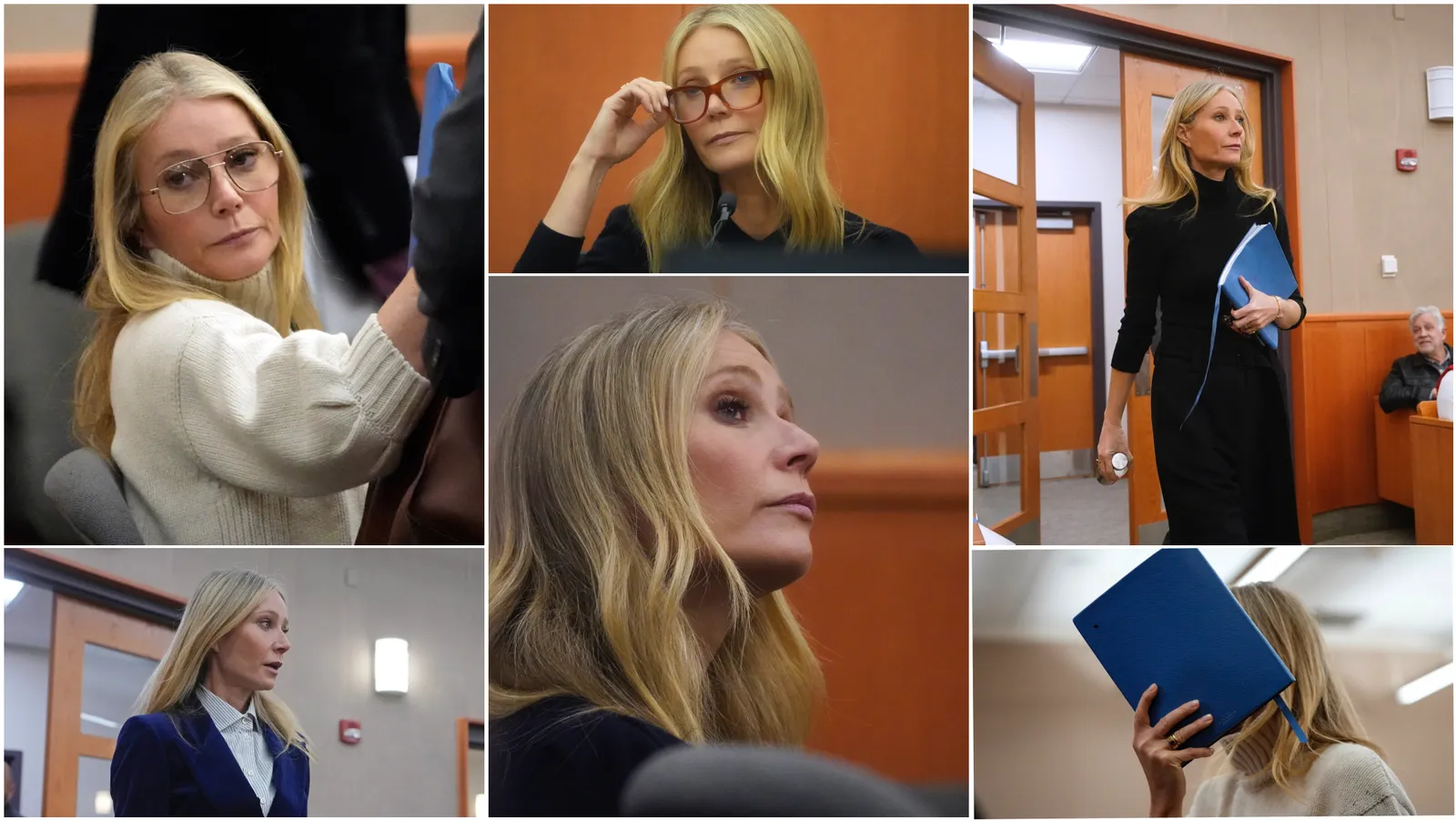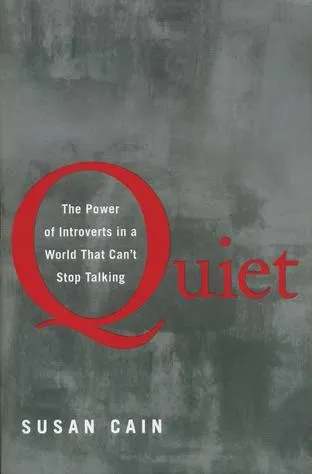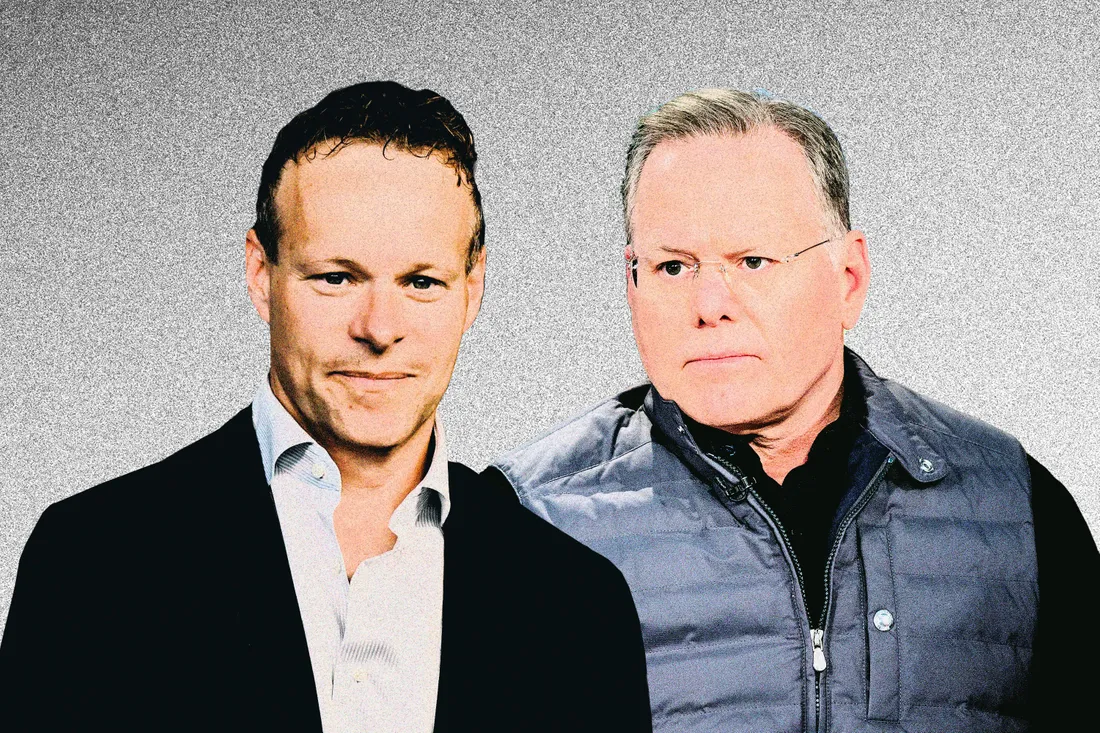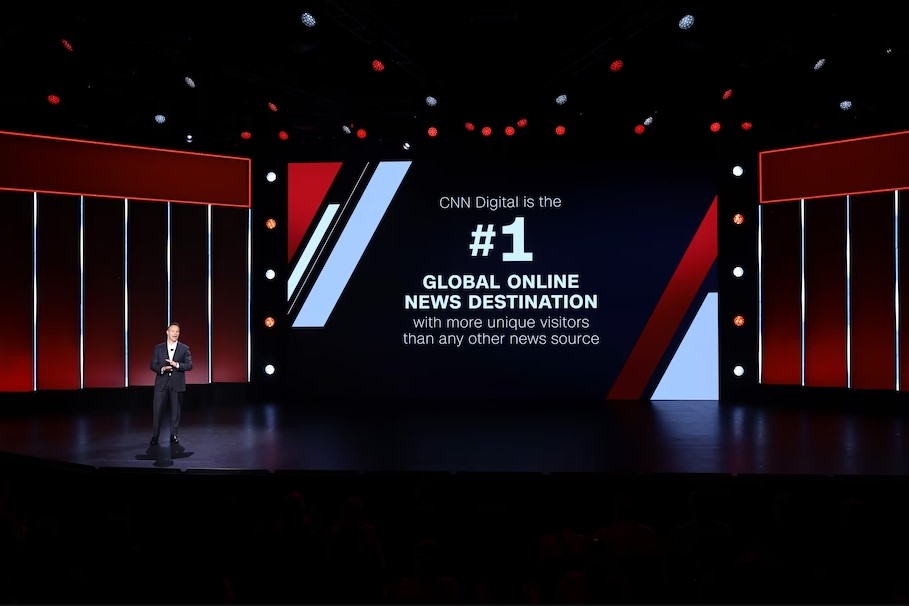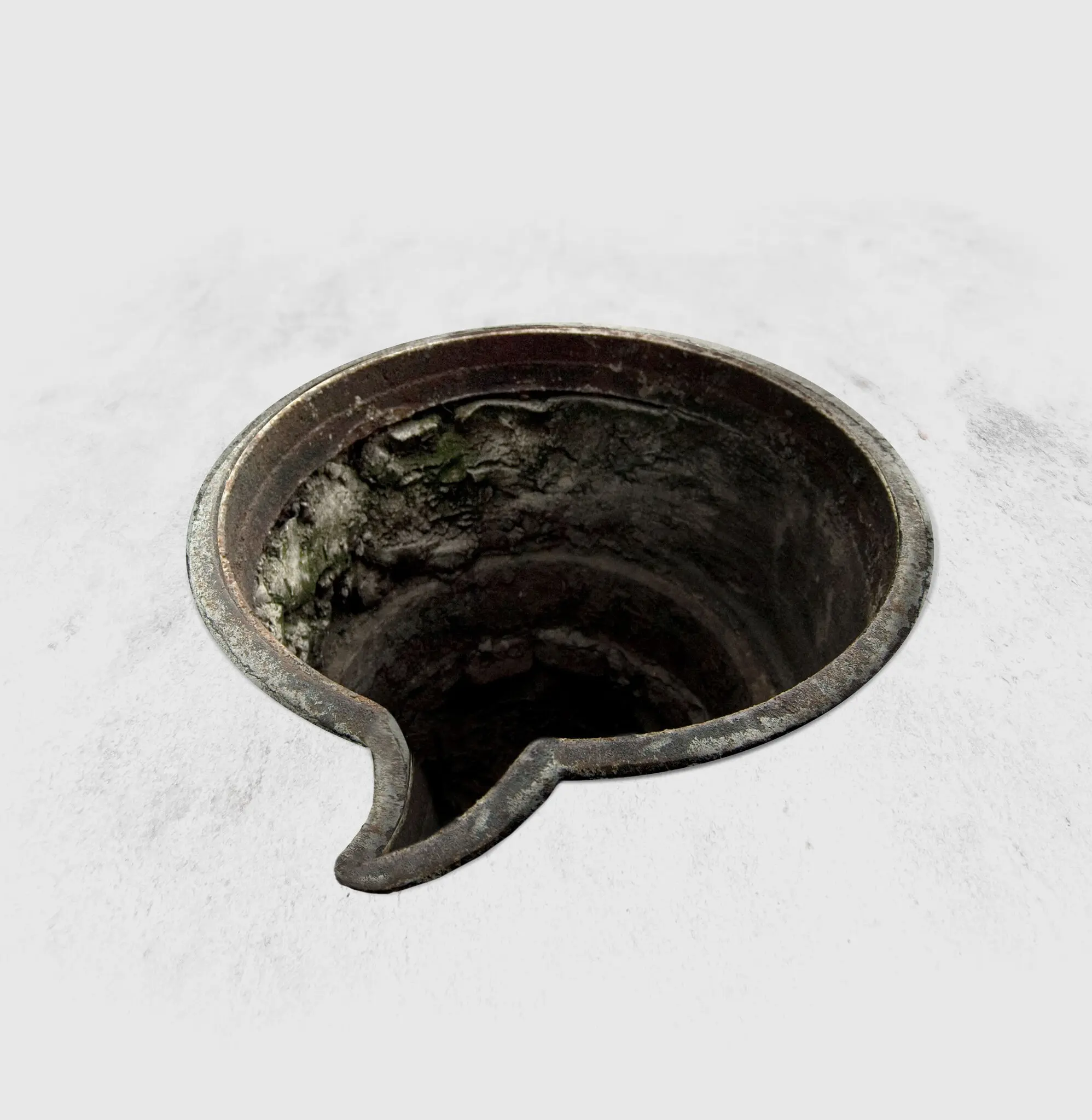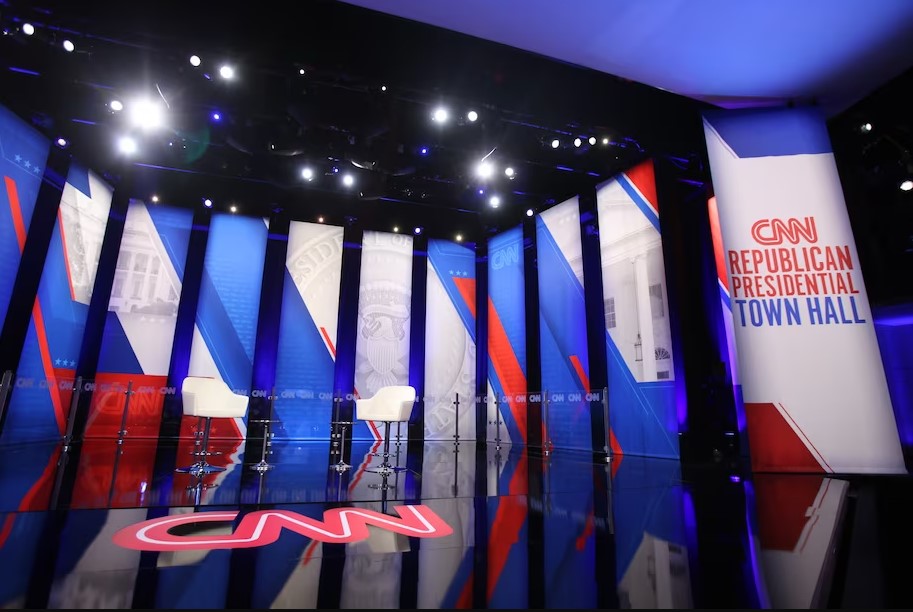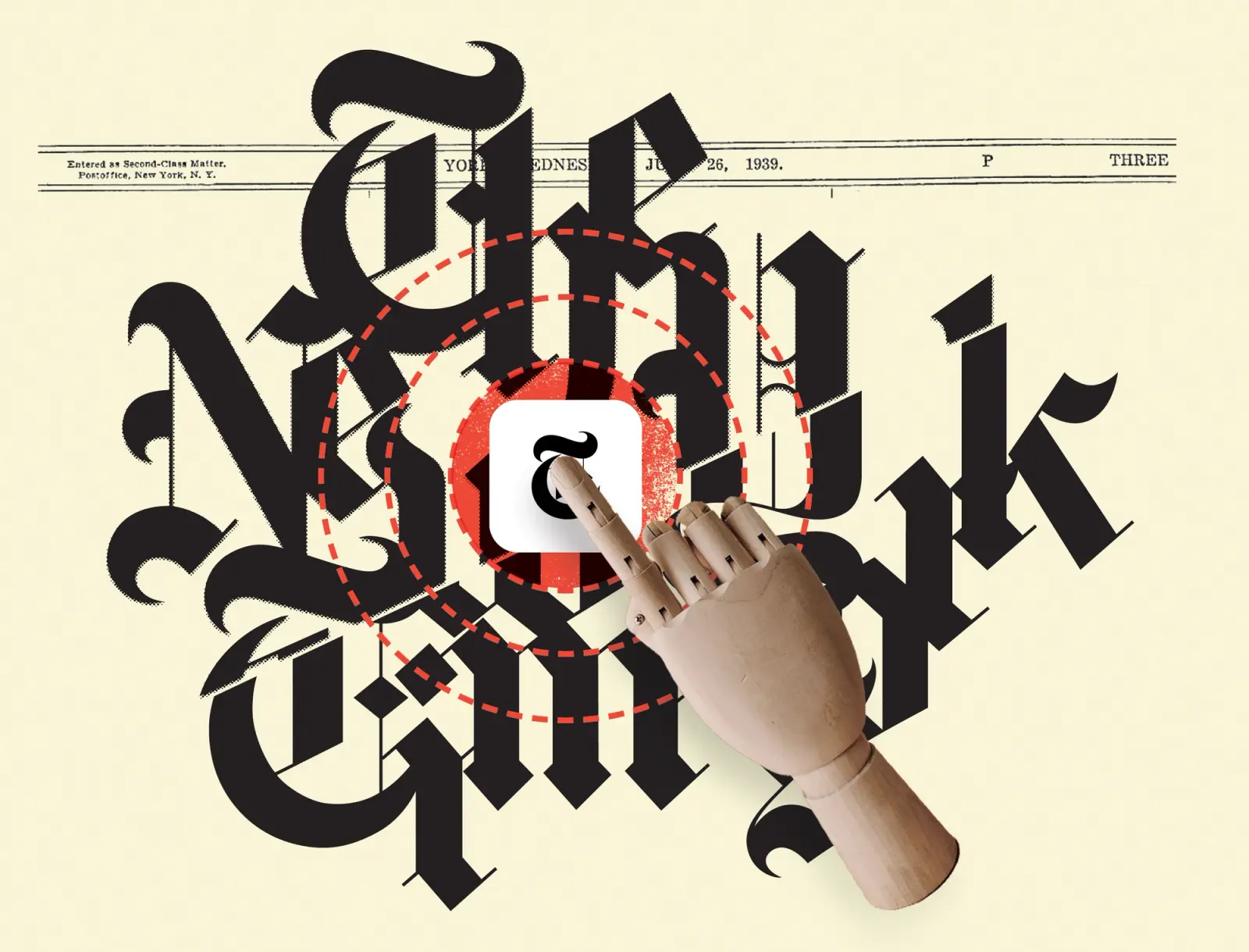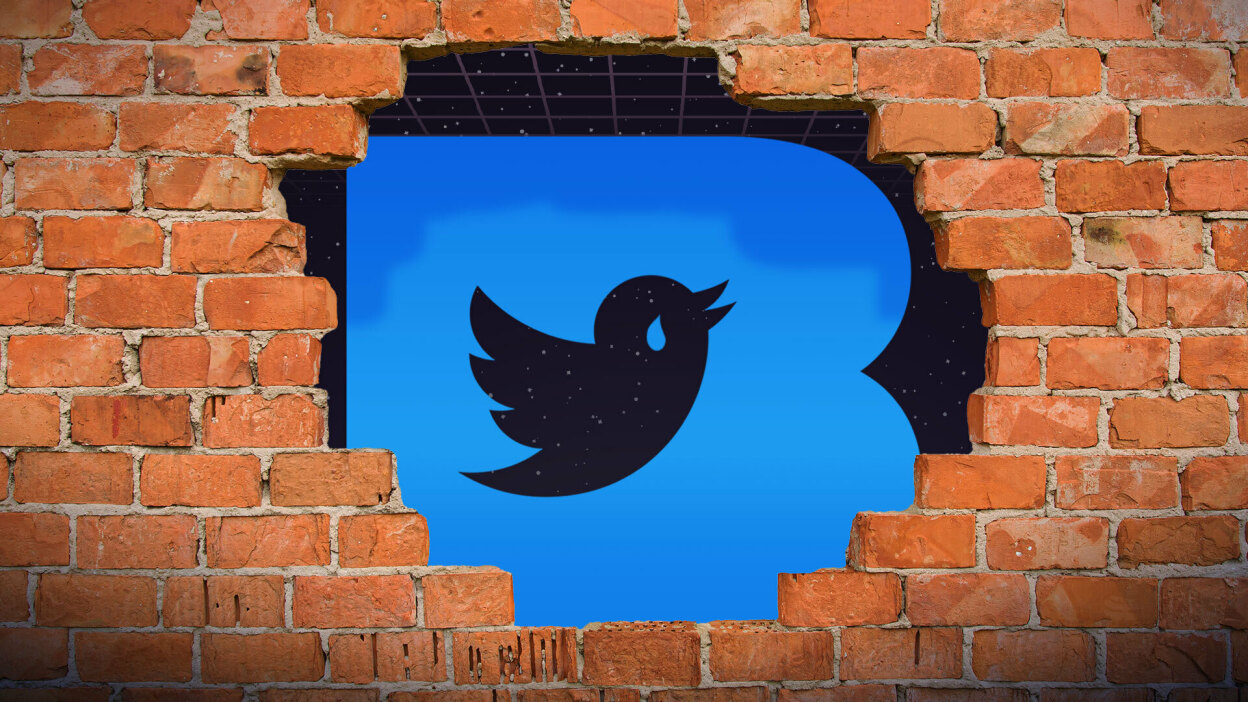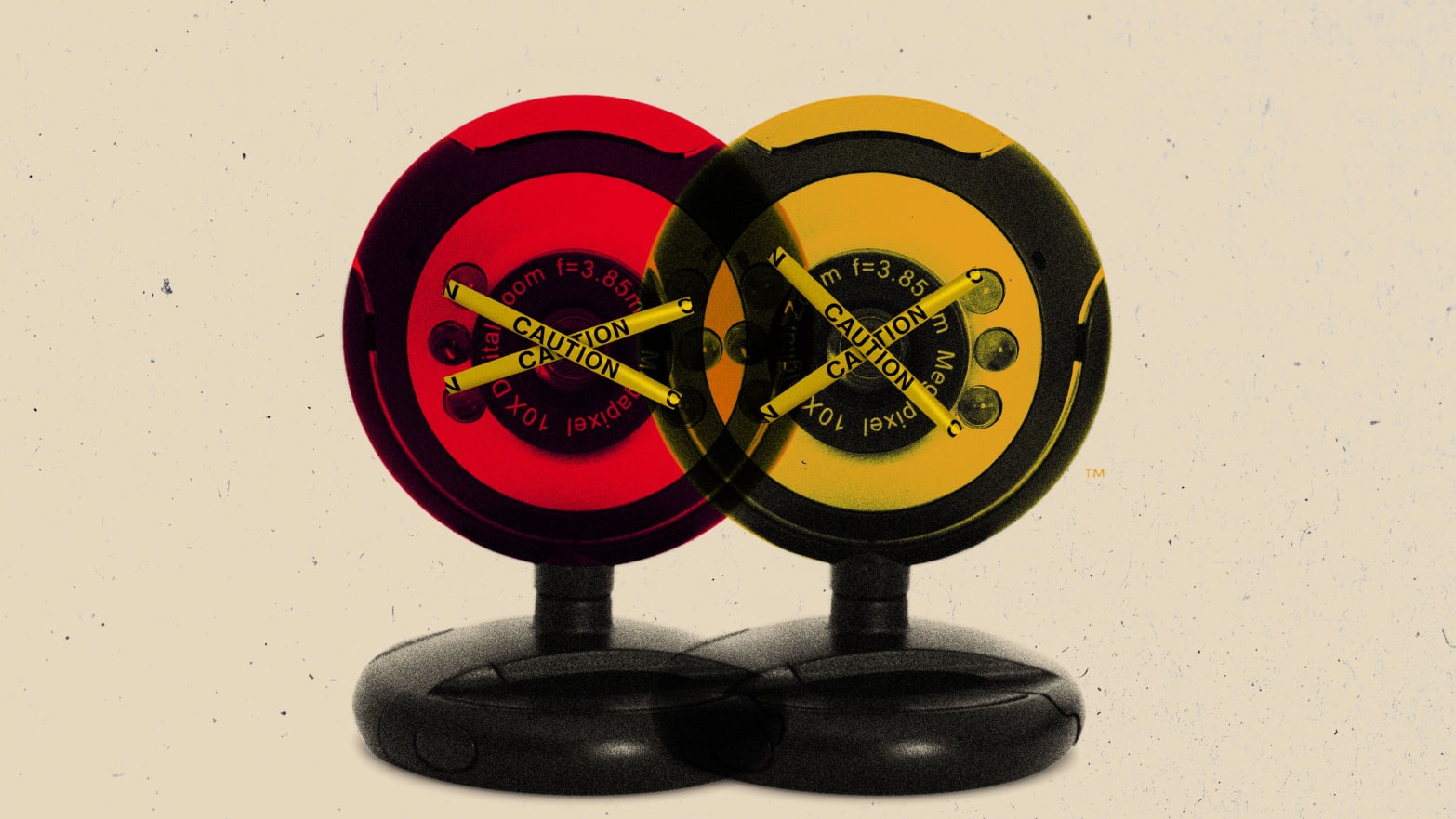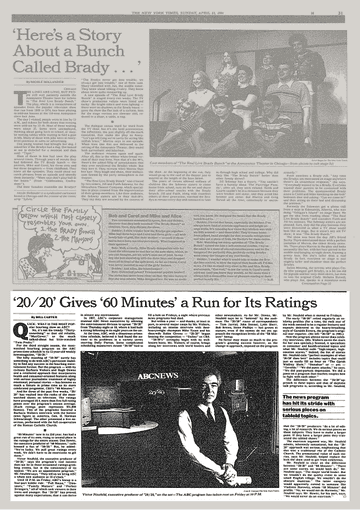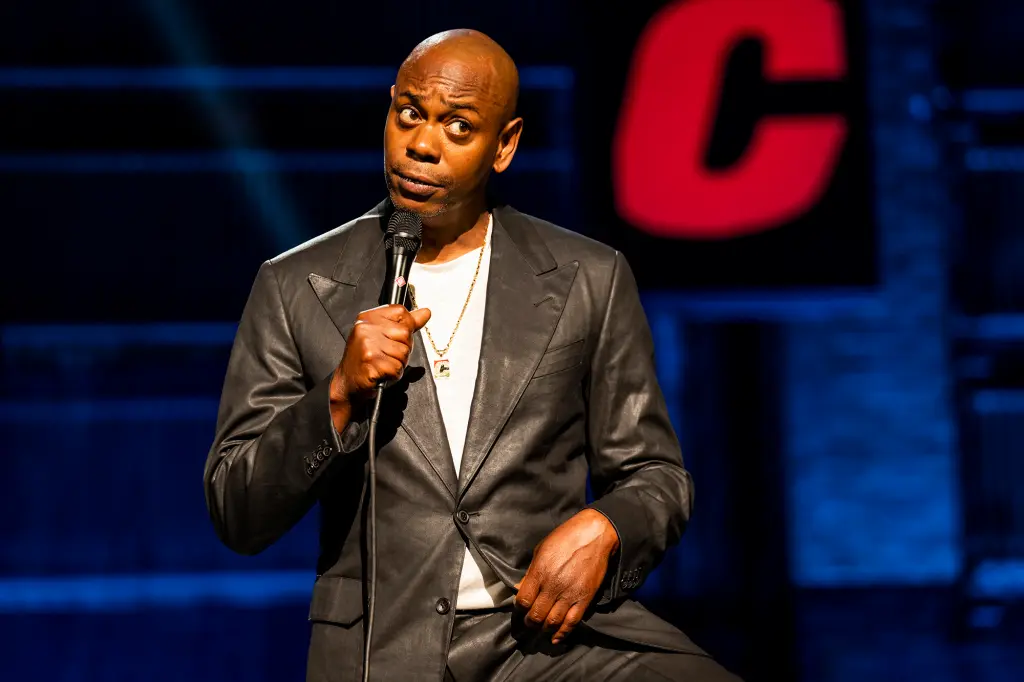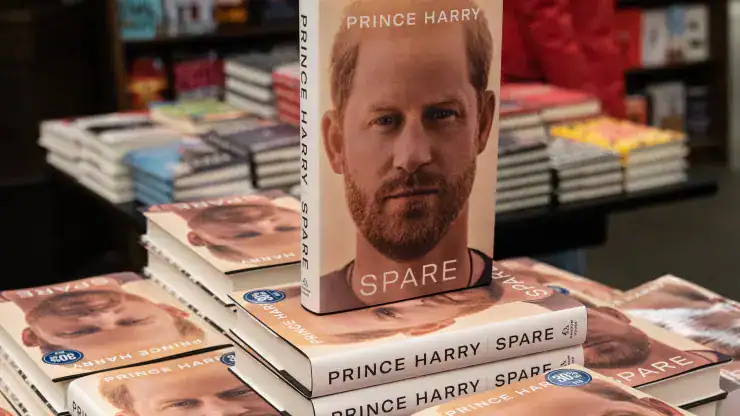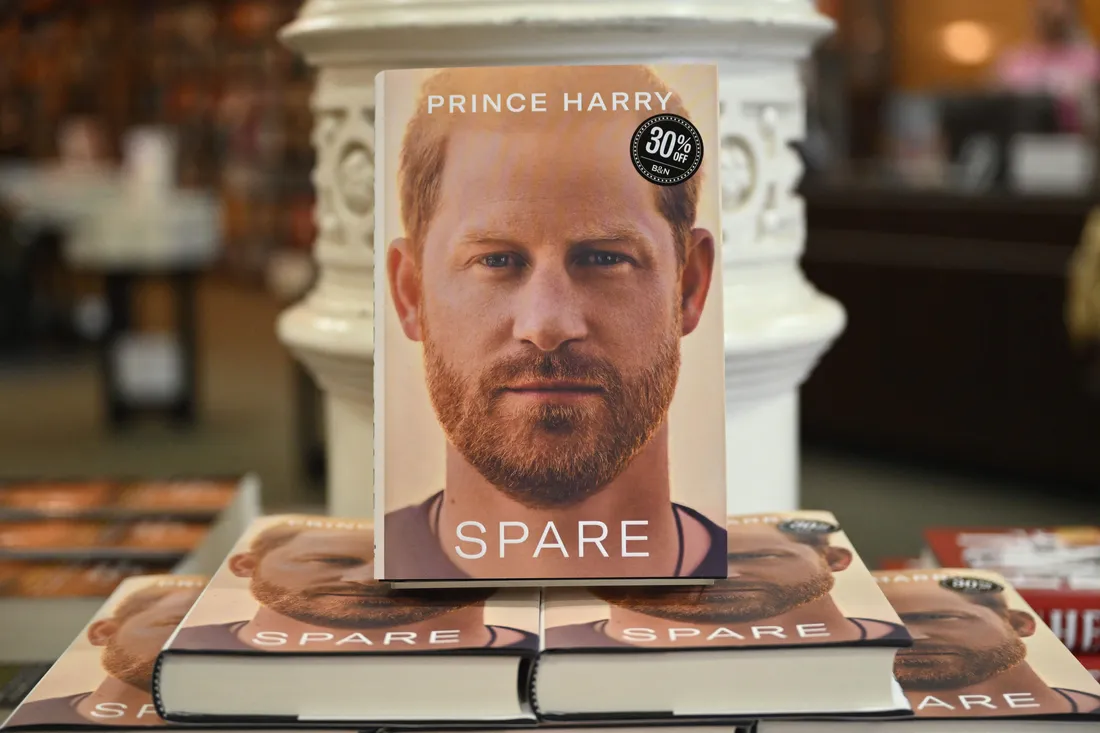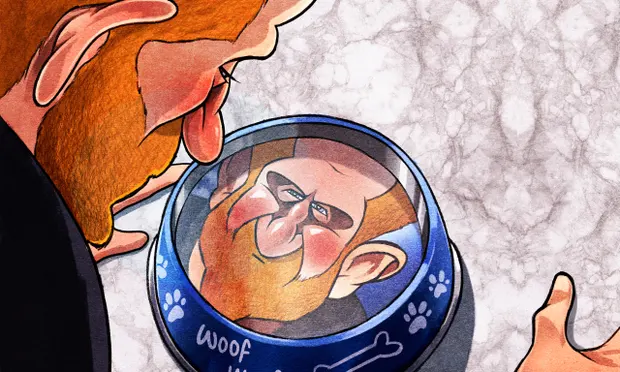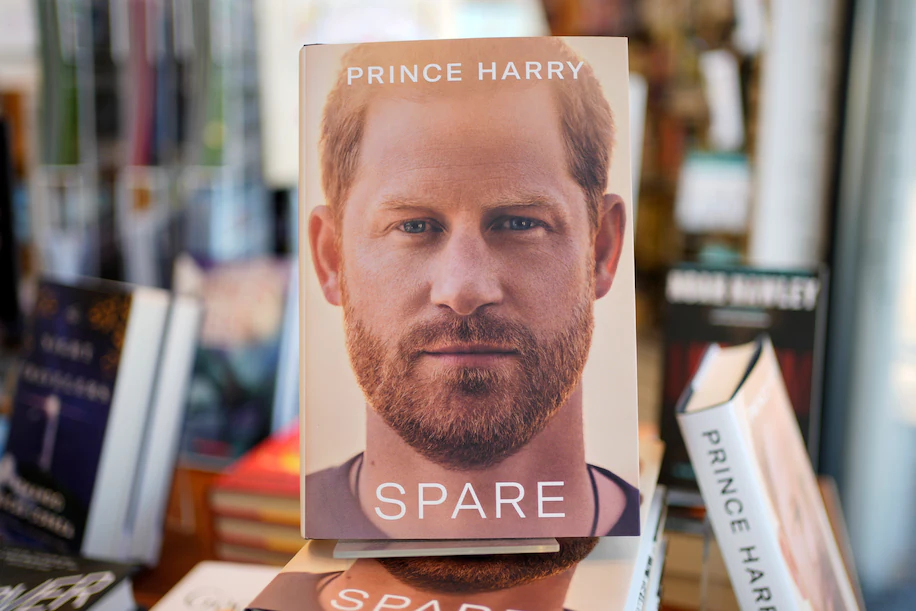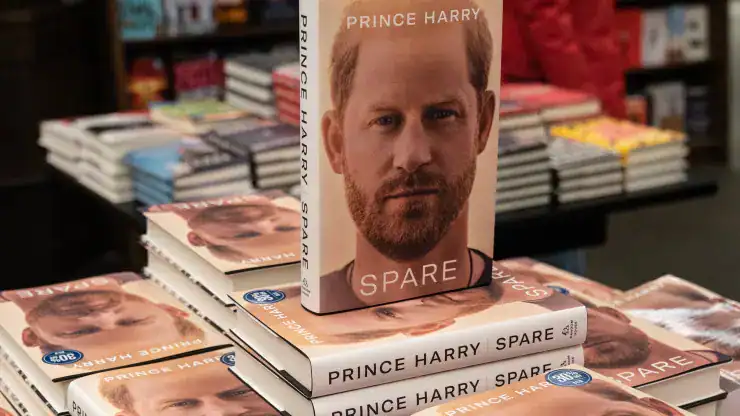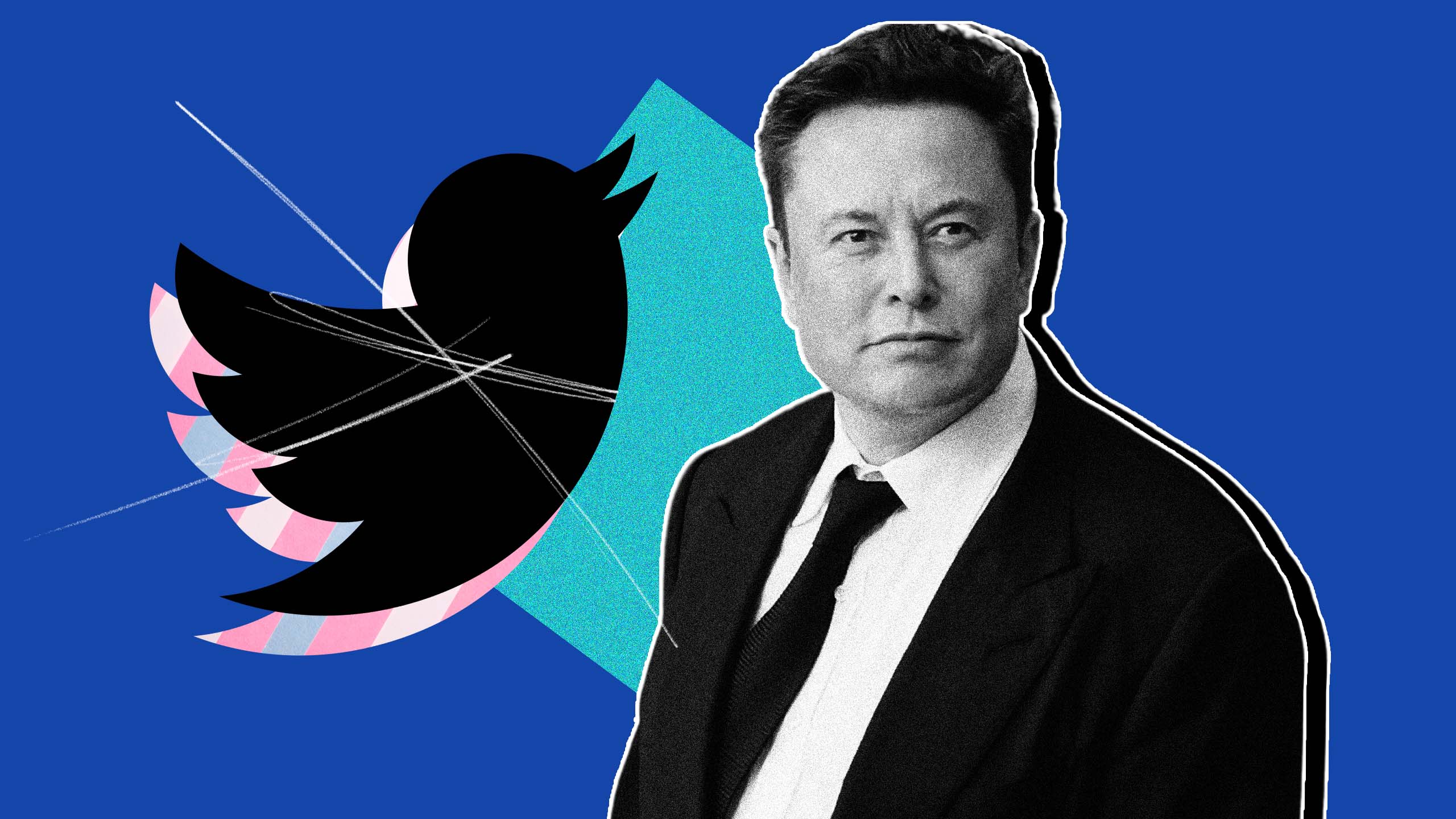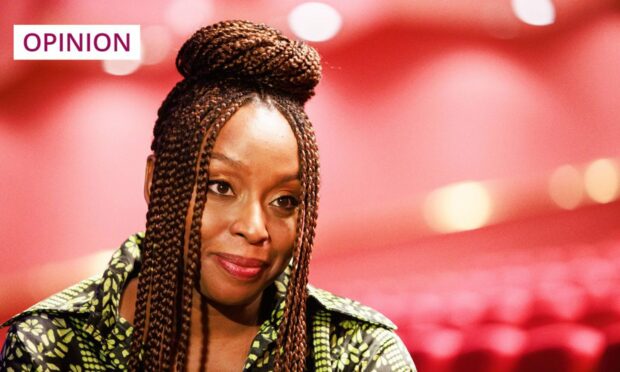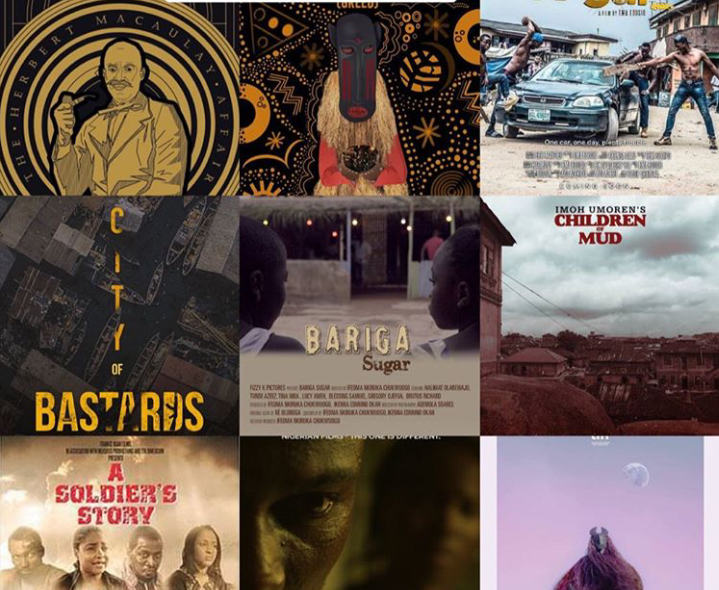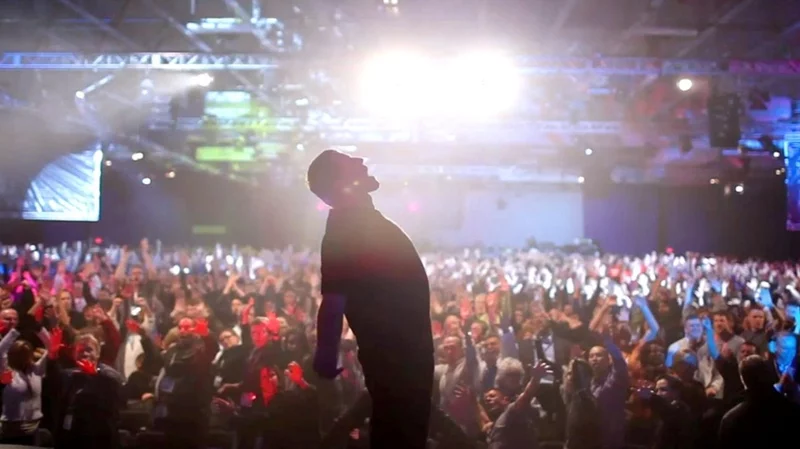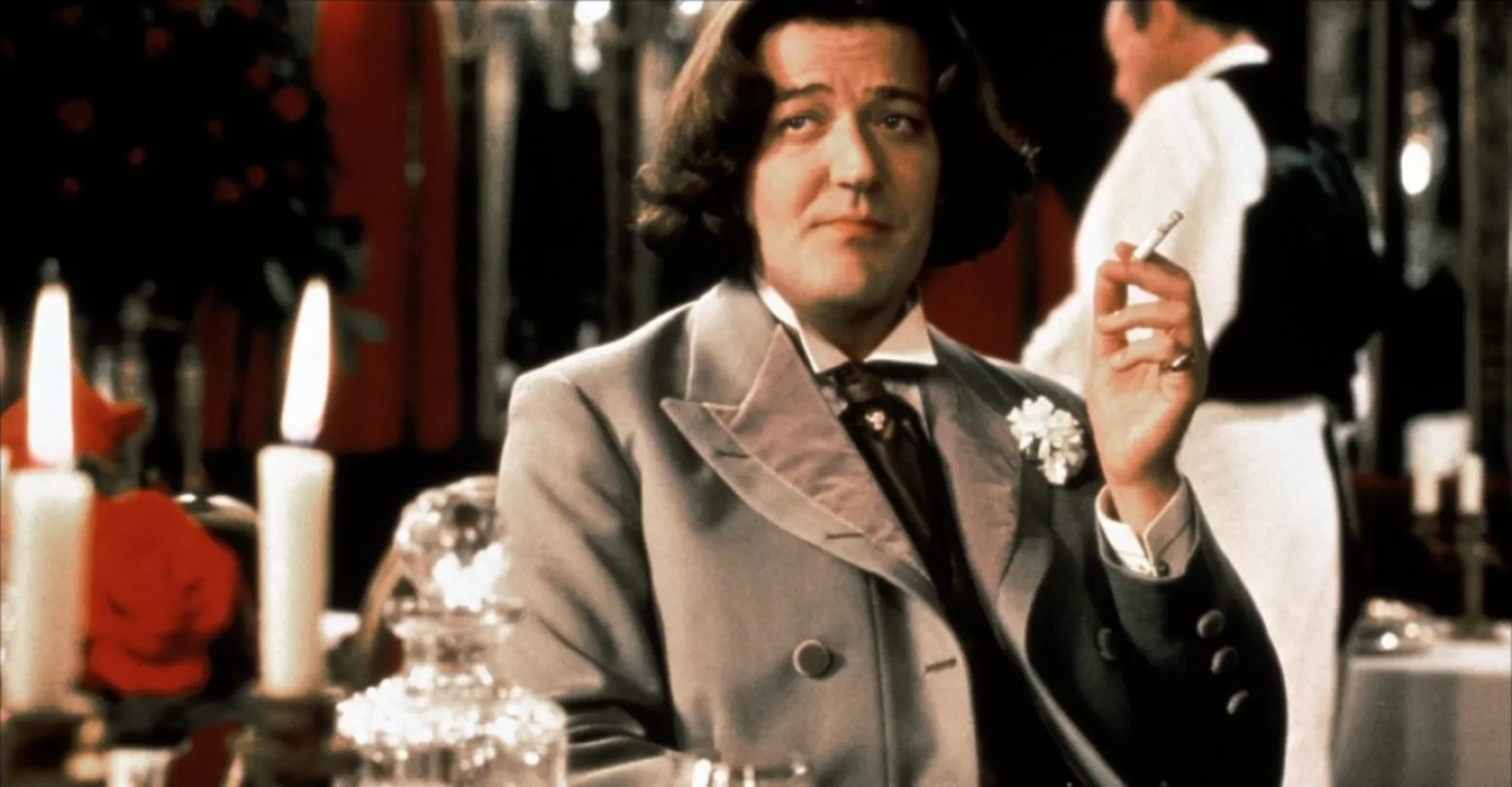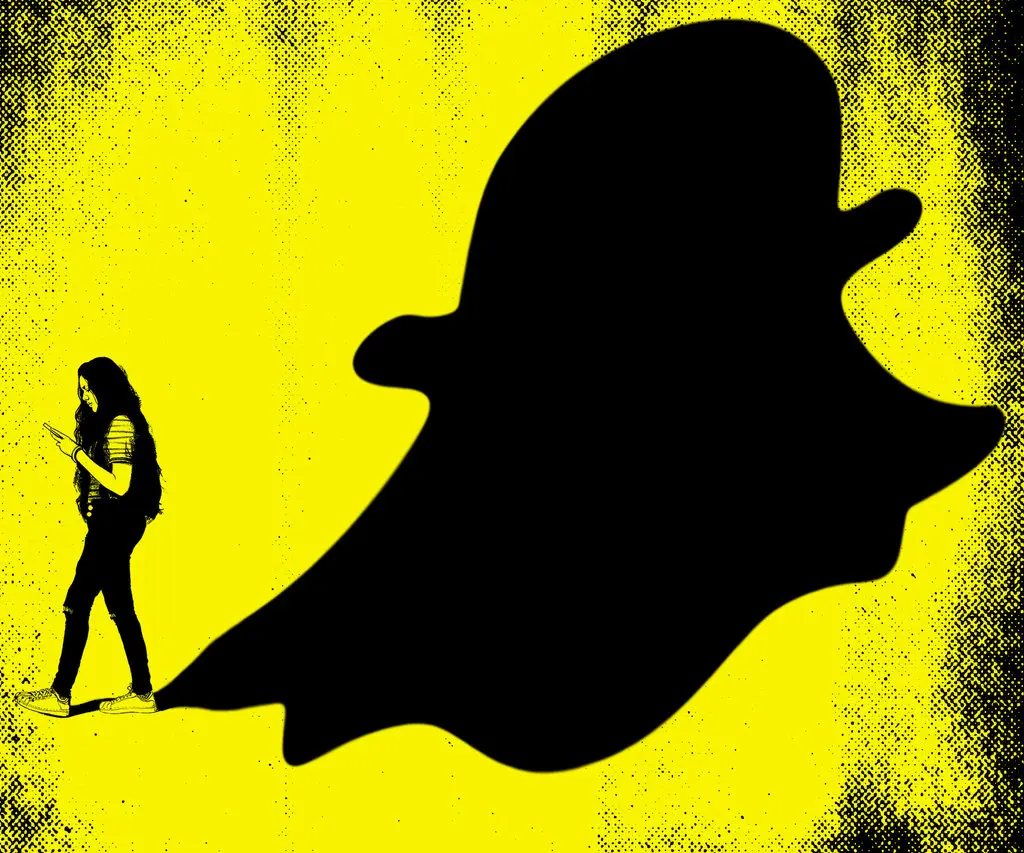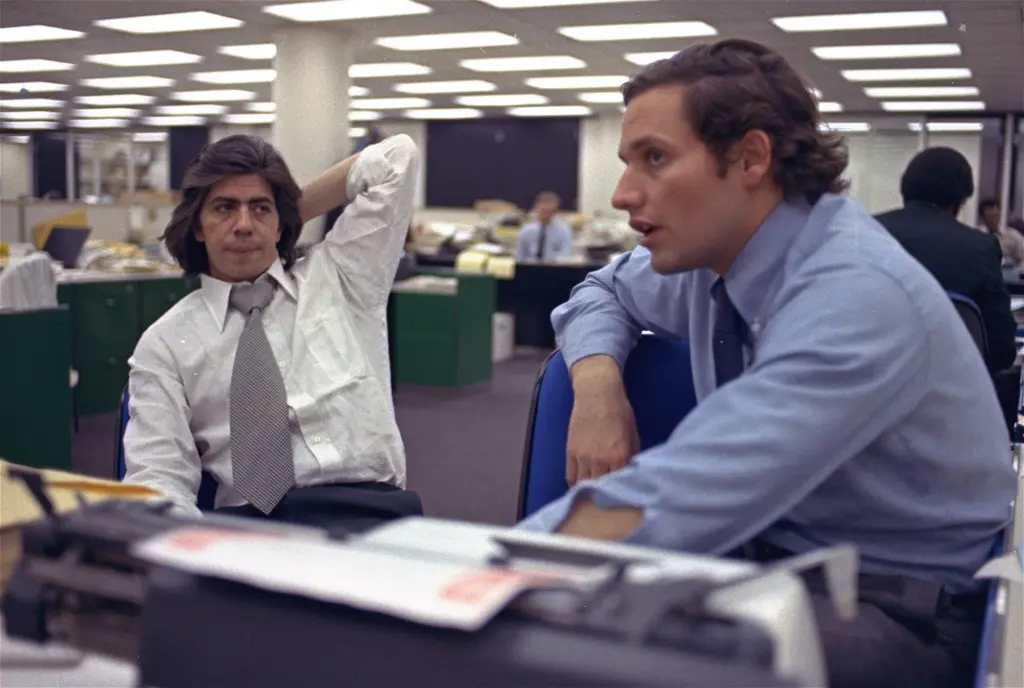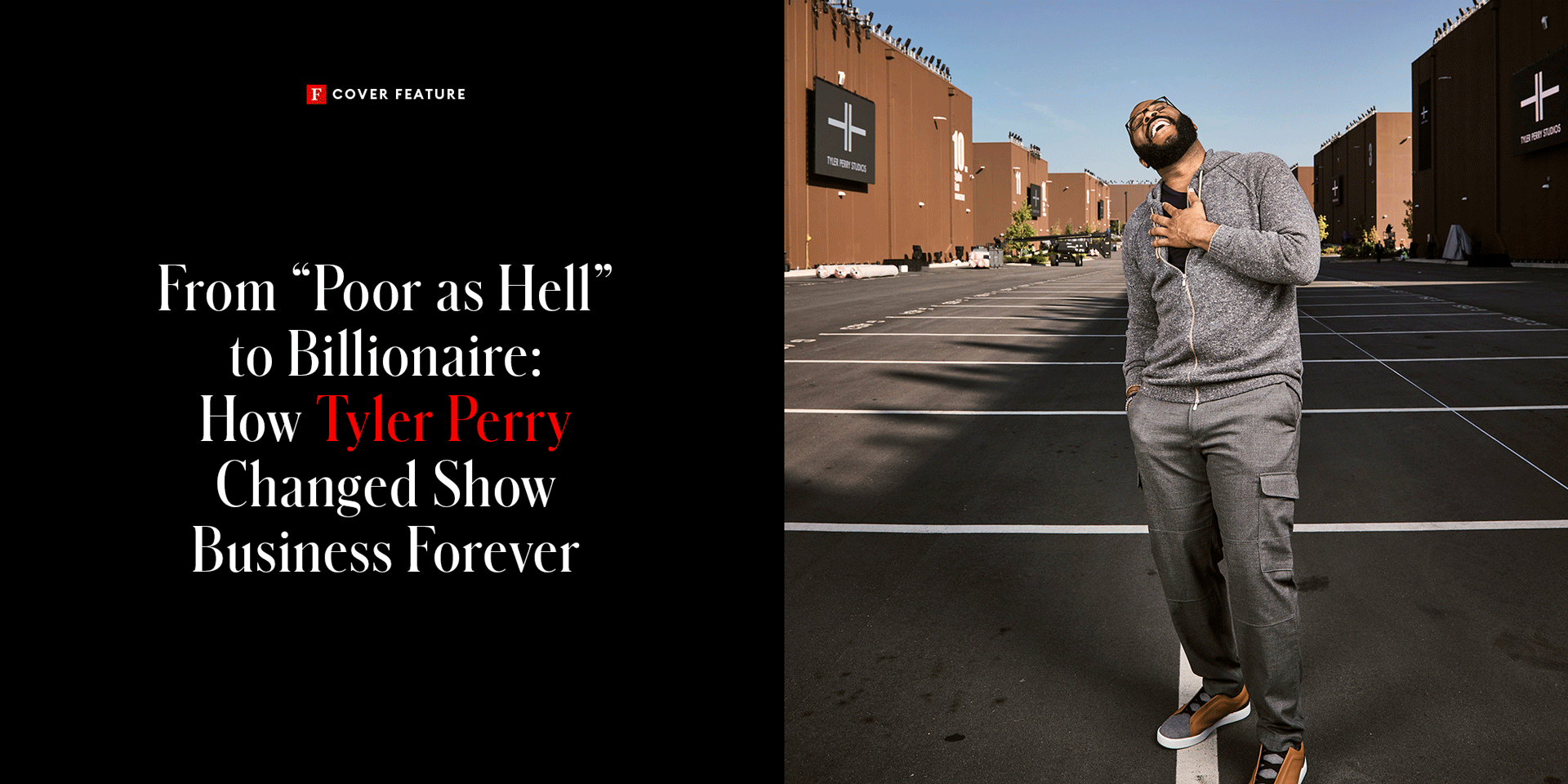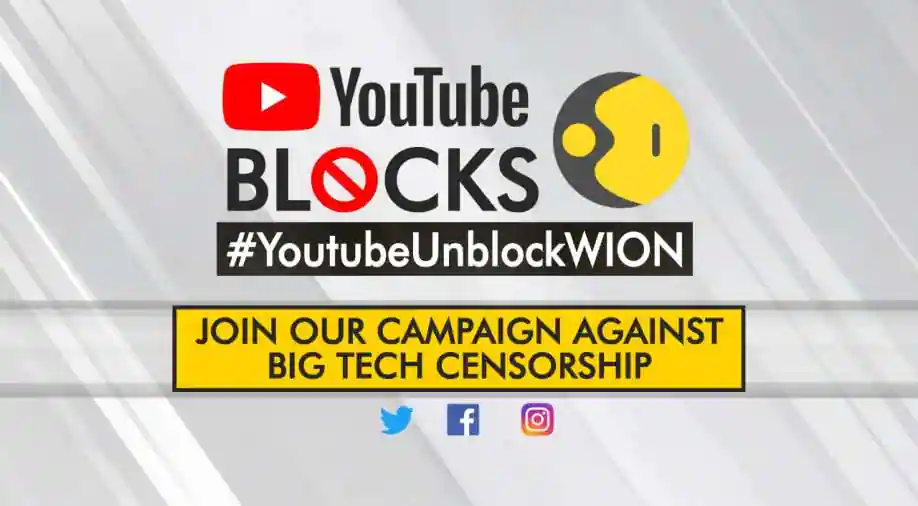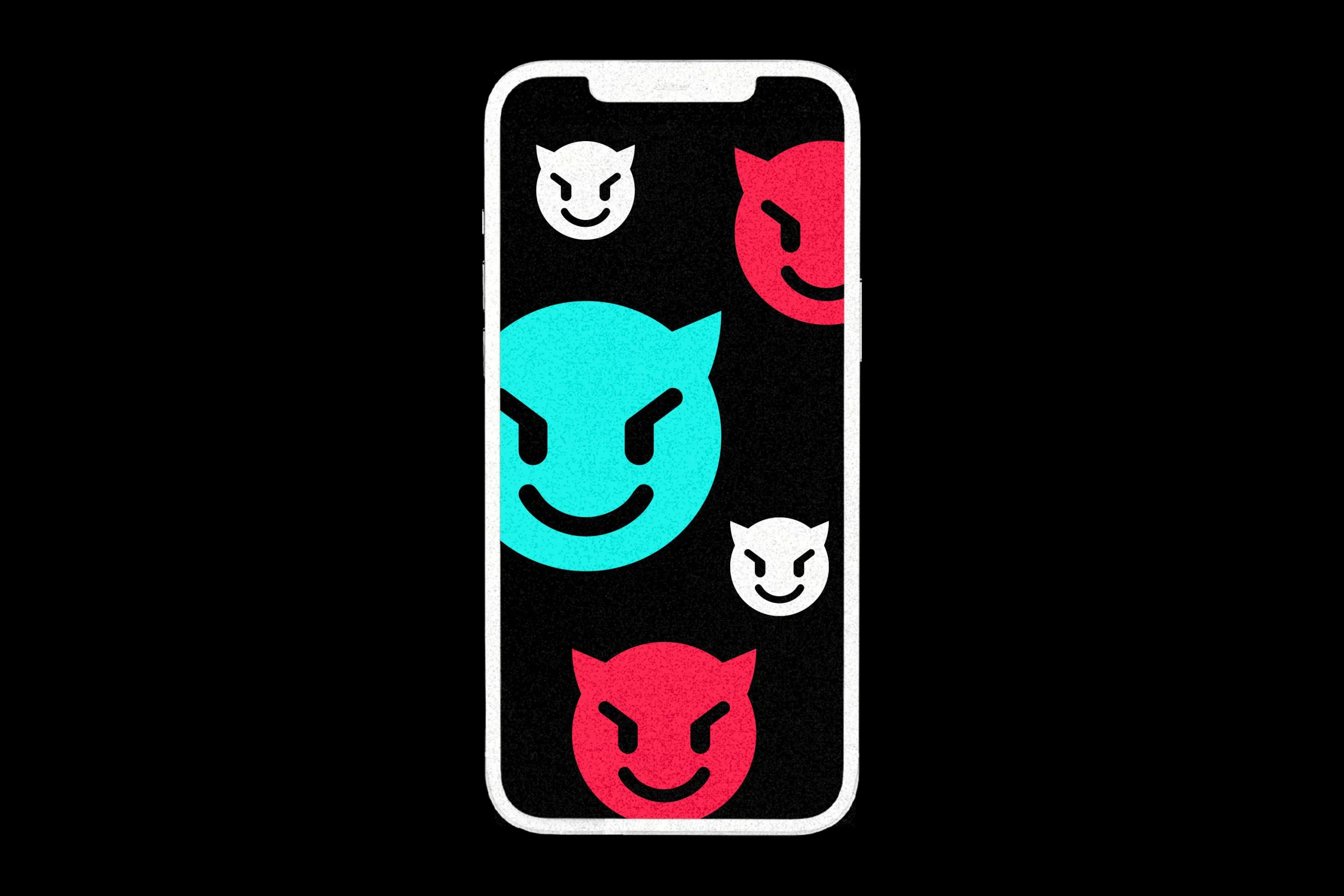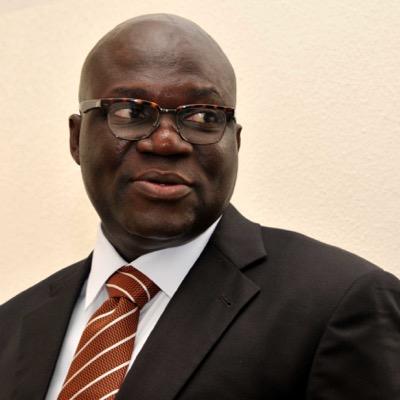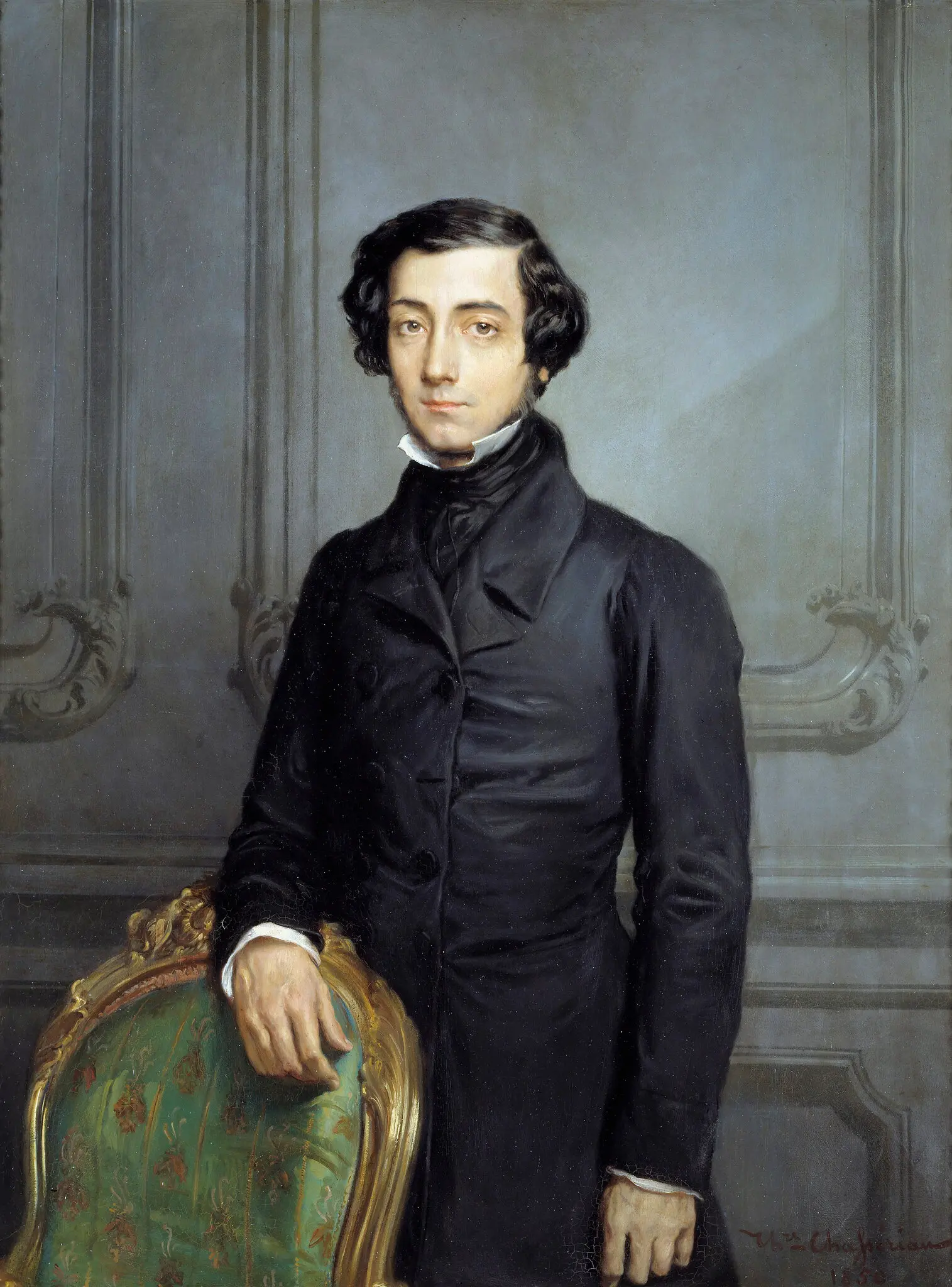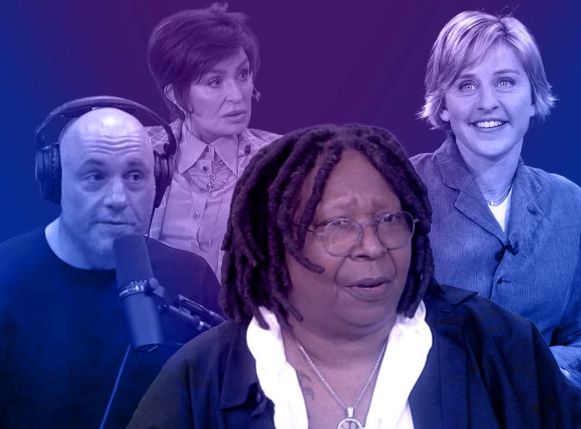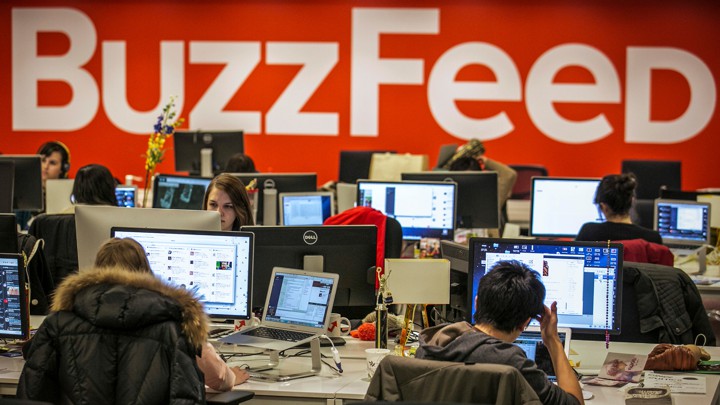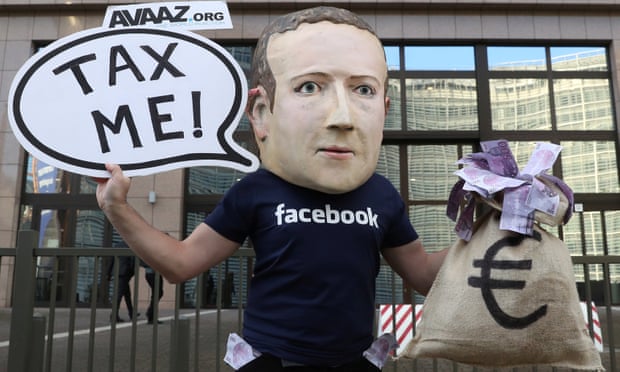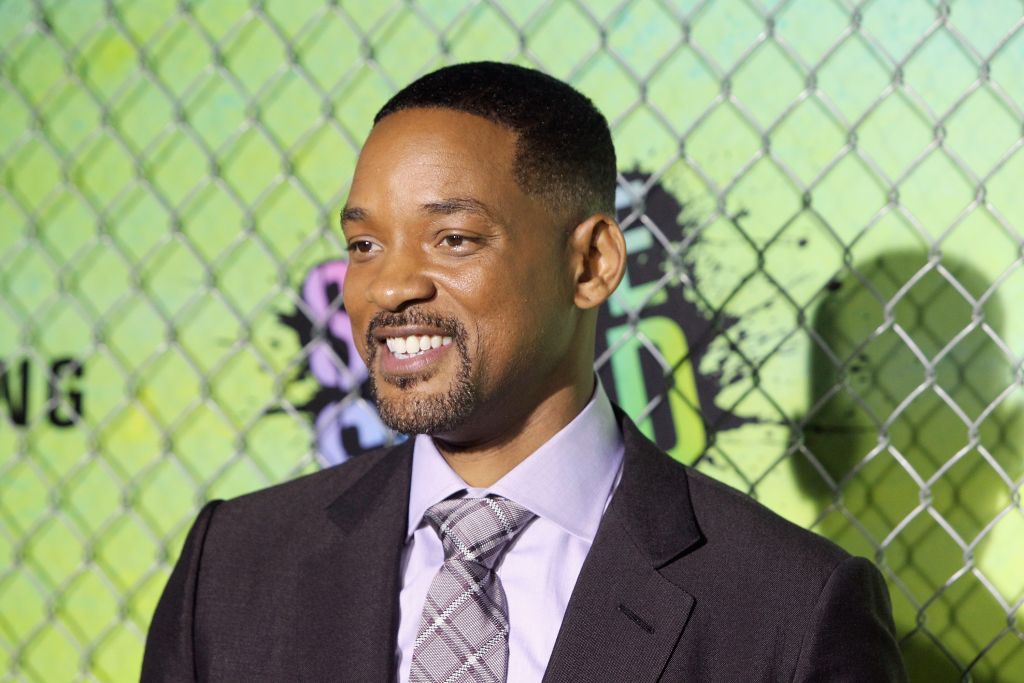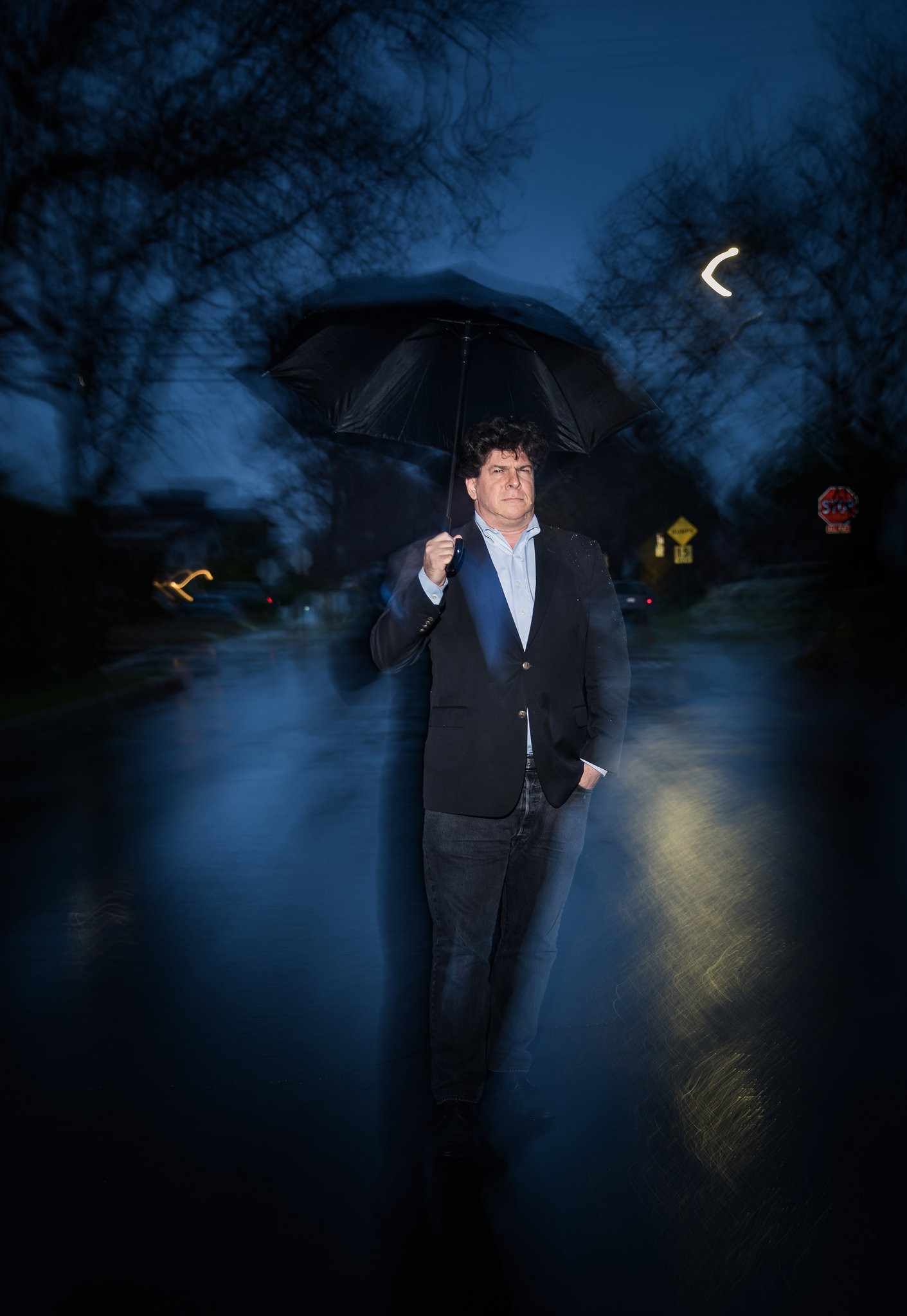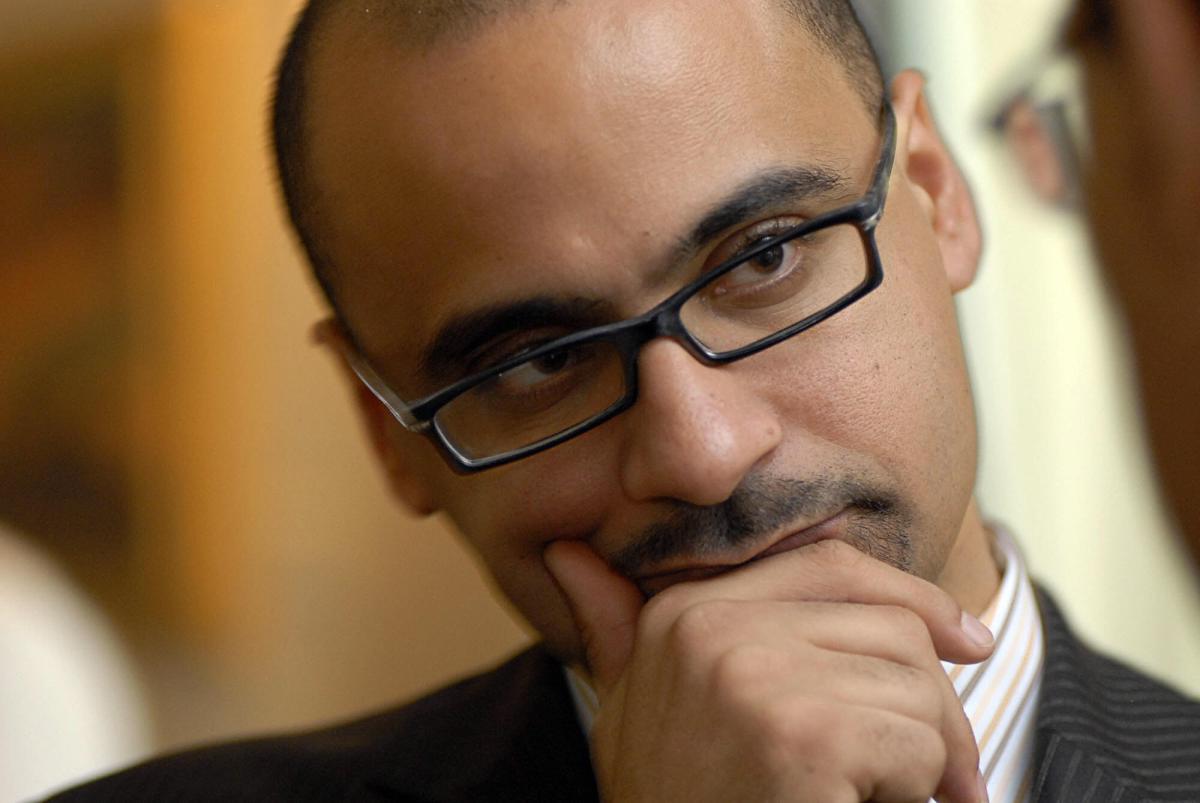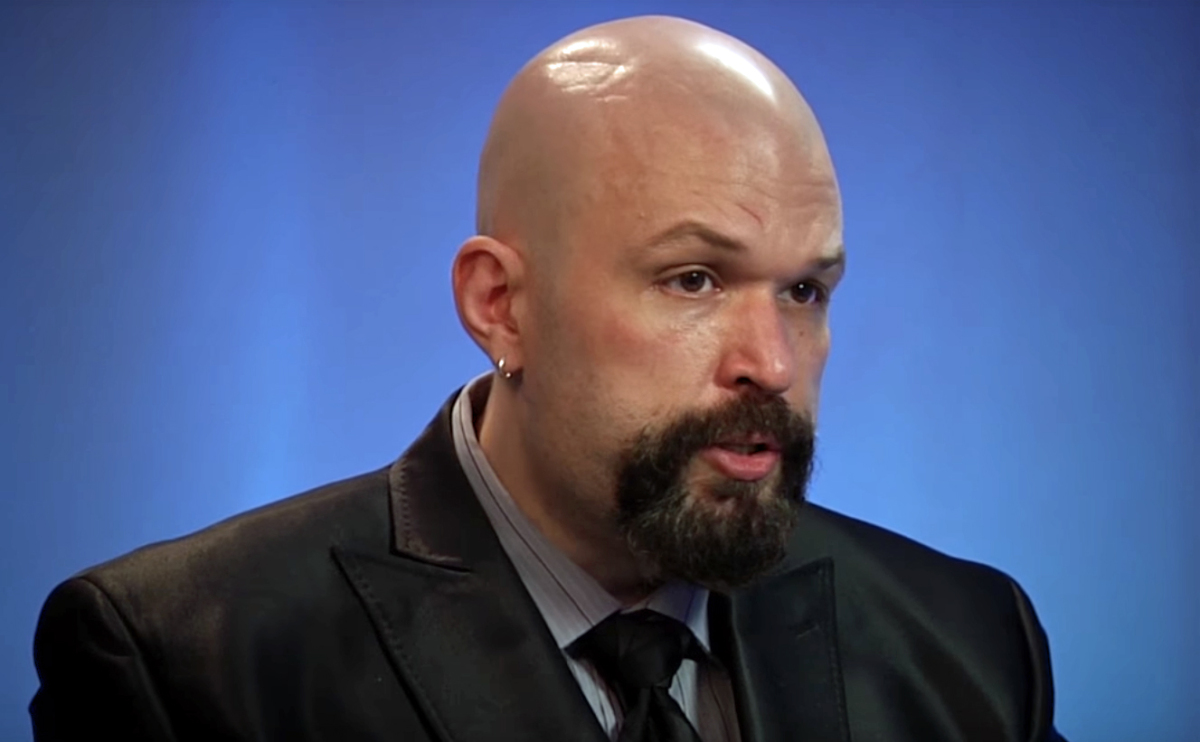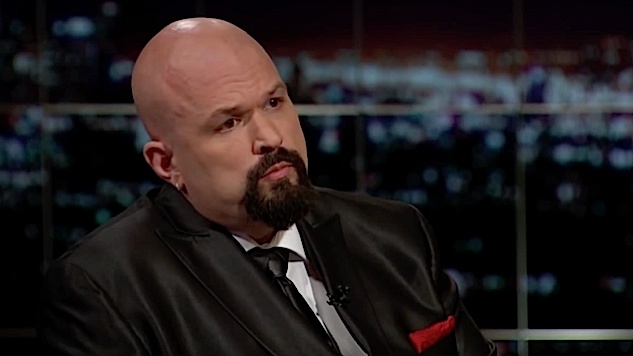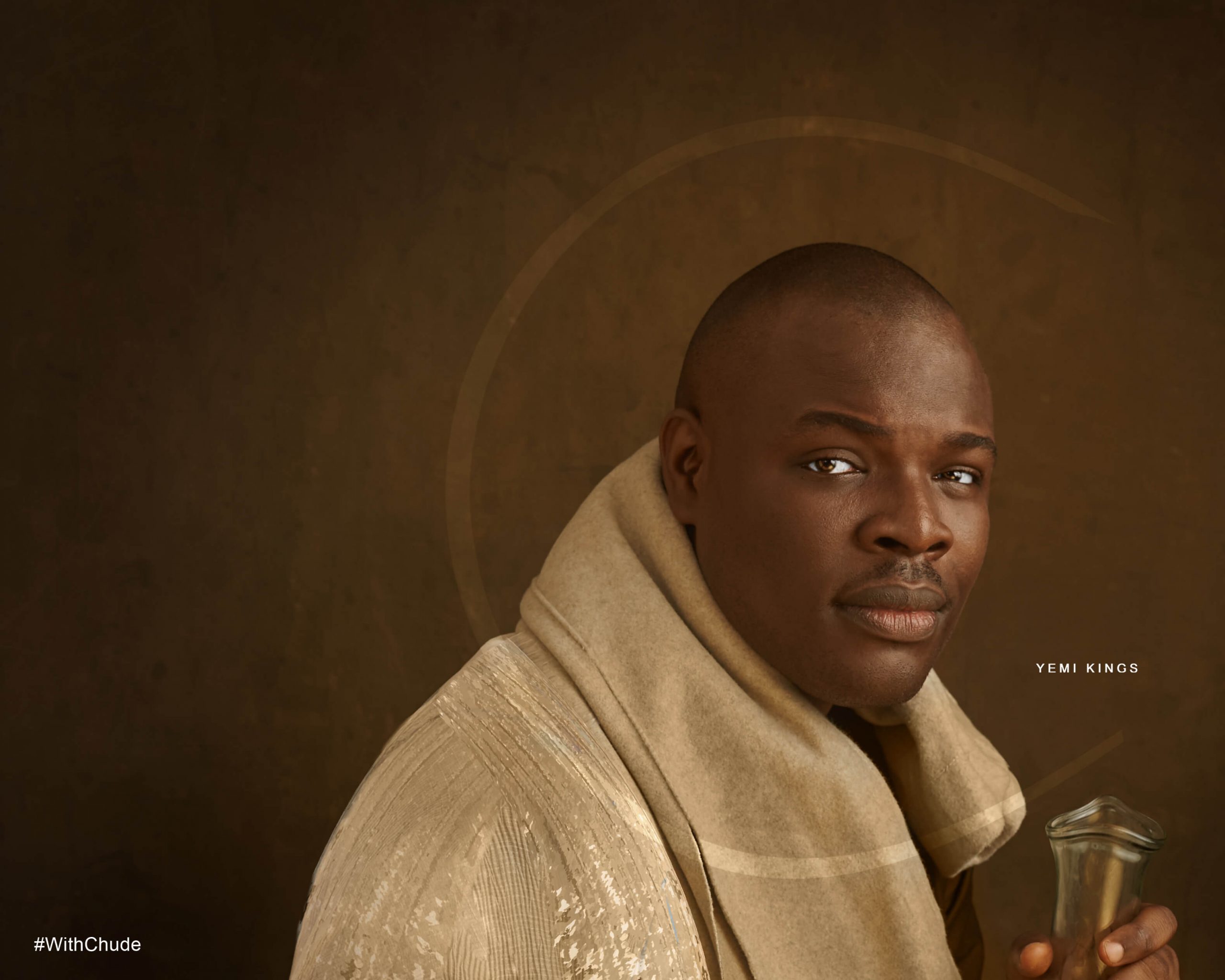My Unsettling Interview With Steve Bannon
He says this mass thing called media, or what Pierre Teilhard de Chardin said of the noosphere, is going to so overwhelm evolutionary biology that it will be everything. And Trump understands that. That’s why he watches TV. He understands that to get anything done, you have to make the people understand. And so therefore, constantly, we’re in a battle of narrative. Unrestricted narrative warfare. Everything is narrative. And in that regard, you have to make sure you forget about the noise and focus on the signal.
“At the core of their business is churn,” one industry insider said, noting that there are always subscribers who drop Netflix after a free trial period or a month or two later, and the goal is to get more people to sign up, which comes mostly thanks to hot new series everyone is talking about. As an asset, having 30 episodes of a series (three seasons) is considered enough to satisfy viewers discovering the show. Tacking on more episodes does not add significant value, I hear. “A show doesn’t serve a purpose [anymore],” an observer said. “There is no reason for the network to continue to invest in it.”
Why is 8 the Magic Number for Limited Series?
To most, the single-season, limited series appears more prestigious, with a higher budget, more established actors and sometimes famous directors.
Dramas seem to be fading or just missing this season, but limited series are going strong
“Television is a complex, difficult, challenging process. There is something inherently easier in terms of executing a one-season show and all that it takes on thematically, and having a beginning, middle and end to it, versus challenging an audience with a thematic center of a show that needs to exist, say, three, five, seven seasons, where it runs the risk of becoming sort of repetitive or redundant,” Orsi says. “In some ways, [limited] is an easier path than the rigor of an ongoing series, having to explore the essence of a show in different ways but always still being the thing that was bought right out of the gate.”
A past/present rundown on Wolf’s interactions with NBC/Universal
NBC believes Mr. Wolf is being greedy. Provided his shows survive a few more seasons, he will make around $750 million for his work on five shows in the “Law and Order” franchise. His contract gives him more power than perhaps any other producer in the industry. It includes a provision that Mr. Wolf believes entitles him to a multi-million dollar “kill-fee” if the network cancels any of his shows. NBC disagrees. NBC also says its rerun strategy is good for business because it is one more way to promote the franchise.
Welcome to TV’s Era of Peak Redundancy
“I firmly believe this is a hit-driven business,” says Salke. You only need one signature show to become a player in the streaming space,”
Gwyneth Paltrow’s Trial Is Her Best Role in Years
But, at a time when so many mainstream figures seem obsessed with appearing of-the-people despite being anything but, there is something admittedly refreshing about Paltrow’s cards-on-the-table approach. (As the hosts of the culture podcast “How Long Gone” have noted, she’s taking us back to “a different era of celebrity,” when stars didn’t bother acting as if they were just like us.)
Tucked into the very end of the Atlantic profile is a brief acknowledgment of what a train wreck Zucker’s first couple of years felt like. But unlike Licht, with his well-meaning higher-purpose-of-journalism bromides, Zucker was always going to chase the biggest audience. Which is why all the sanctimony from CNN staff over Licht’s Trump town hall seems a bit rich. Many of the people criticizing Licht for “platforming” Trump for one evening are the same ones who worship Zucker, the ultimate Trump-platformer who green-lit The Apprentice and offered Trump debate advice. CNN used to broadcast Trump’s empty podium.
CNN’s Chris Licht showed the problem with anti-woke centrism
In reality, there has never been a right to voice your opinion without the possibility of being shamed or shunned (terms without precise meanings) — and there shouldn’t be. Shaming and shunning people are free expression, too. What I suspect this editorial was actually calling for is for self-described Democrats and liberals to be able to express more conservative views (such as skepticism about transgender rights) but without being attacked in the way that conservatives often are for such views (being called bigots).
Why Are Some Journalists Afraid of “Moral Clarity”?
Essentially, Sullivan and other opinion writers decrying what they see as a new orthodoxy are arguing that everything should be subject to debate, that the sphere of legitimate controversy ought to be boundless. Part of the bedrock of this argument is the absolute belief in the value of debate unto itself. This is where the spectre of totalitarianism appears. These writers fear that what they see as an emerging new political consensus challenges the primacy of traditional liberal values that should never be debated: freedom of speech, freedom of religion, and other individual rights.
Inside the identity crisis at The New York Times
Bennet believes that Sulzberger, the publisher, “blew the opportunity to make clear that the New York Times doesn’t exist just to tell progressives how progressives should view reality. That was a huge mistake and a missed opportunity for him to show real strength,” he said. “He still could have fired me.”
“F–k Him, He Loses”: The Inside Story of How Disney’s Attempt to Buy BuzzFeed Fell Apart.
I watched Peretti imitate Iger, then watched Iger mirror Peretti’s own speech back to him, structuring his discussion of Disney’s plans to match Peretti’s monologue on BuzzFeed’s aspirations.
Commentary: James Corden and the ‘Late Late Show’ was so much fun, until it wasn’t.
Outing someone as rude should not be as big a deal in comparison to the scandals, beefs and egregious acts involving other public figures (examples surface hourly on social media). But acting like a jerk is a problem if the biggest edge you have over the competition is your jaunty, sparkling, goofy, good-guy persona.
Column: Ellen DeGeneres announced the end of her show. Then somehow, she made things worse.
Fame like that can be stifling, and if DeGeneres chose to insulate herself from her staff to avoid ongoing “There’s Ellen, she’s always up for a chat” interruptions, that’s perfectly valid and not necessarily unkind. Like every sought-after star, she is a finite resource and the fact that she doesn’t know the names of her employees does not make her a monster, just very busy and mindful of her own sanity.
Dril and other Twitter power users begin campaign to ‘Block the Blue’ paid checkmarks
“everyone has always Hated twitter, even before the day elon dragged a sink into the main office while grinning like a doofus,” @dril explained. “nobody respects it, it is almost certainly responsible for a sharp increase in overall human misery, and if my brand must suffer so that this entire Shit hole will perish, that is fine to me.”
Tech’s Harsh Censorship of Porn Is Hitting Very Close to Home.
The right for consenting adults to create and consume fetish content is worth fighting for. But it doesn’t make for a very marketable campaign. Sex—especially weird sex—isn’t considered an appropriate cause to rally behind. It doesn’t attract allies because people know they will be labeled sick, dangerous perverts. That’s why the rights of porn and sex workers are very often couched in something else. We’re pro-free speech, we’re pro-worker livelihoods, we’re anti-privacy violations. And we are all of those things, and those are reasons that people should care. But we should also care about the sex, about sexual variety and sexual freedom, even though it invites the thorny question of whether or not there is such a thing as an unethical fantasy.
Why Rihanna Won’t Get Paid for the 2023 Super Bowl Halftime Show
Anyway, before you continue to absolutely spiral, there’s a reason for this lack of payment: the Halftime Show basically functions as a 13-minute Super Bowl commercial for an artist’s catalogue of work. Not sure how I, for one, feel about that rationale,
Dave Chappelle rips transgender activists who use violence to protest him
He dismissed the suggestion that a push to cancel him was driven by “love.” “They want to be feared. ‘If you say this, then we will punish you — we will come to … f–k your show up,’” he said. “And they just don’t get to do that to me.”
Dave Chappelle Confronts Anti-Trans Backlash, Says Protesters Threw Eggs at His Fans.
“I’m not even mad that they take issue with my work. Good, fine. Who cares? What I take issue with is the idea that because they don’t like it, I’m not allowed to say it. Art is a nuanced endeavor,” he continued. “I have a belief that they are trying to take the nuance out of speech in American culture, that they’re making people speak as if they’re either on the right or the left. Everything seems absolute, and any opinion I respect is way more nuanced than these binary choices they keep putting in front of us. I don’t see the world in red or blue.”
Why, though, did Harry write it? To tell his side of the story, to blow the whistle on the behaviour of the press and the way his family works, to avenge (perhaps) his mother. In these, it succeeds. He is a man, though, ever in search of a purpose. By the end, one senses he has found a new one: to tell the truth and change the world. Those are noble goals. But they may not be easy to achieve. It is hard not to fear, somehow, that the likeable, sweet, rather simple prince may soon find himself in search of meaning once more.
Prince Harry ‘Spare’ Review: Frustrating and Sympathetic
Throughout Harry and Meghan’s post-royal productions, their lack of self-awareness can make even their legitimate complaints seem grating. Spare is no different.
The Real Villain of Spare, and of Prince Harry’s Life Story, Is the Media.
If you do end up caring about him when you finish this book, you may find yourself turning the last page and hoping that he does not wake up one day and wish he could take it all back.
Twitter sucked for trans people, but was also necessary
After all, Isabelle points out, even if there was no useful moderation on the bad comments, there was no moderation on the good ones, either
Surprise. The Villain So Far in ‘Harry & Meghan’ Is Not the Royal Family.
But settling into a comfortable new life with children in Montecito, Calif., has not seemingly eased the bitterness the couple feel, nor their determination to re-litigate past examples of mistreatment
The award-winning documentary filmmaker Michael Moore, also known for his cynicism, surprised Berlinger by reaching out to him and telling him that he admired his courage for going forward with an uplifting project he believed in, even though he predicted critics would harshly judge his decision to do so.
American Gigolo is no longer sexy.
It is difficult not to see the new American Gigolo as the latest absurd iteration of the media’s anxious, obsessive search for trauma, victimhood, and injury in what, until now, have been recognised as happier chapters in the American story. As Mike Hale has aptly put it in the New York Times, it “remakes an era-defining film for the current age of victimisation”.
These reporters’ use of phrases such as “online violence” and their invocation of “trauma” when discussing mean tweets capitalizes on the natural sympathy people feel for victims of real trauma and violence and turns it to the journalists’ own professional advantage. It’s a good trick, because it’s difficult to criticize these journalists without being oneself accused of compounding the claimed injury.
The writer Michael Tracey described the deployment of what he calls “therapeutic trauma jargon” in a recent issue of his Substack newsletter: “Obviously, this harm cannot be externally adjudicated because one’s harm must never be subject to contestation or (god forbid) falsification. So the logic goes, every person has the right to say they are harmed without ever having the legitimacy of that harm questioned, because to question the harm compounds the harm.”
These reporters’ use of phrases such as “online violence” and their invocation of “trauma” when discussing mean tweets capitalizes on the natural sympathy people feel for victims of real trauma and violence and turns it to the journalists’ own professional advantage. It’s a good trick, because it’s difficult to criticize these journalists without being oneself accused of compounding the claimed injury.
The writer Michael Tracey described the deployment of what he calls “therapeutic trauma jargon” in a recent issue of his Substack newsletter: “Obviously, this harm cannot be externally adjudicated because one’s harm must never be subject to contestation or (god forbid) falsification. So the logic goes, every person has the right to say they are harmed without ever having the legitimacy of that harm questioned, because to question the harm compounds the harm.”
Engaging in repeated and targeted public harassment of a colleague is neither a good look nor is it particularly effective. It turns the language of inclusivity into clout chasing and bullying. I don’t think this is appropriate…There is such a thing as challenging with compassion.”
Cancel Culture in 1832 Sounded Pretty Fierce
What I’d like to point out, in brief, is that while the technology is new, the phenomenon is not. The “tyranny of the majority” in public opinion — the way it enforces conformity and reprimands dissent — has been part of American life reaching back to the beginning. And there’s even a case to make that it is intrinsic to democracy and democratic life, an inescapable consequence of the leveling spirit.










